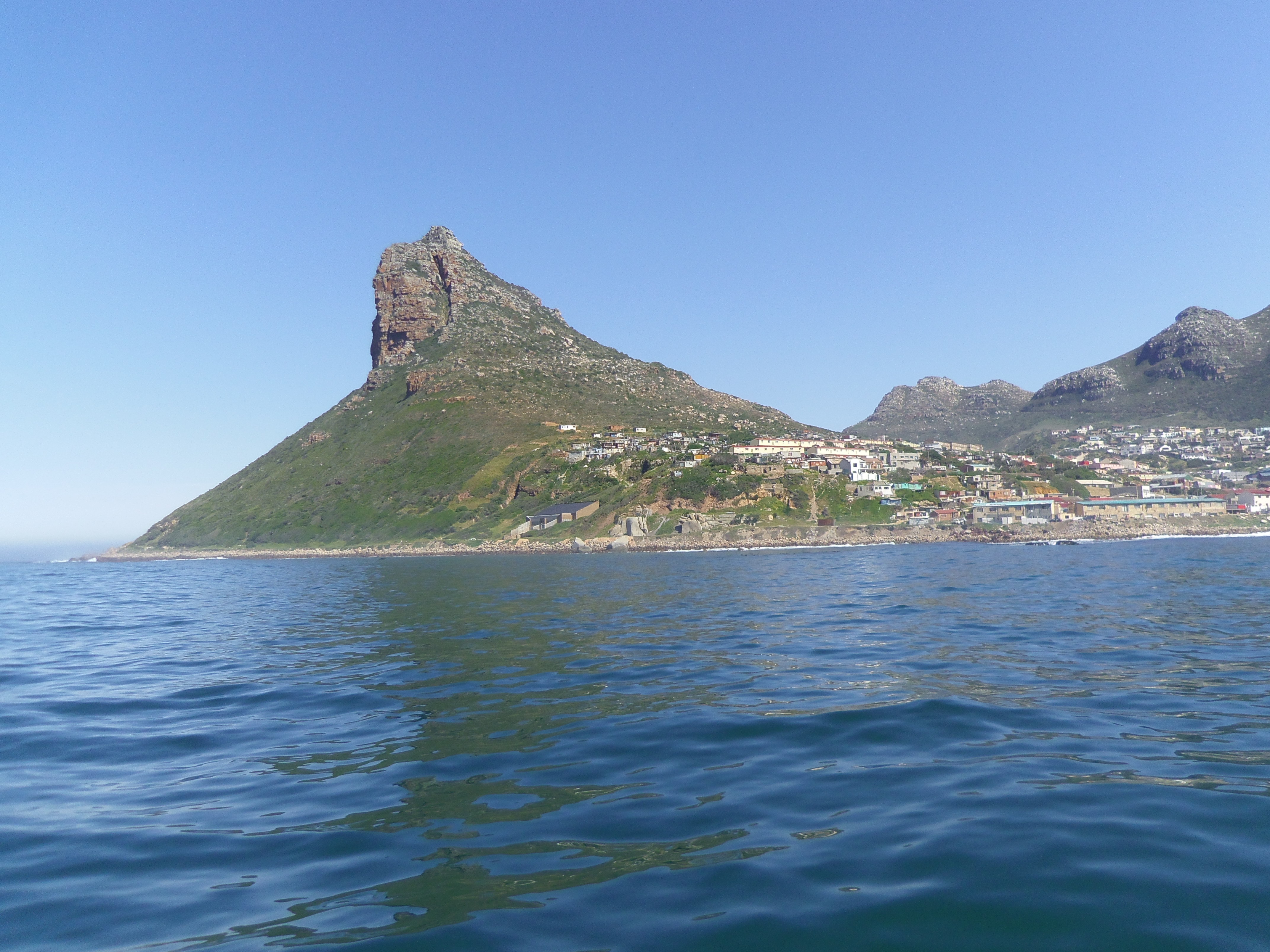Truth Commissions and Commissions of Inquiry
So to continue my previous discussion about Truth Commissions, most of the work I'm doing here is about Truth Commissions and other types of investigatory commissions. It's been quite interesting for me, because while I was a little bit familiar with the South African TRC thanks to Prof. Nancy Combs' classes, I didn't know anything about other types of commissions, and really was not up on what's been happening in the world of TRCs since the South African TRC.
Howard, my supervisor, worked as the Chief Investigator for the 2002-2004 Sierra Leone Truth and Reconciliation Commission, and he now advises NGOs and governments around the world on best practices for running a TRC. One of the first assignments I was given was writing a grant proposal to create a new website for the Sierra Leone TRC, which happily was just recently accepted by the Open Society Initiative for West Africa, so it will be exciting to see that website eventually get put together and go live. Since then I've been writing for two different guides, both on commissions. The first is a guide to Commissions of Inquiry, a smaller and more focused kind of commission than a TRC. Apparently these are used quite frequently in Great Britain and some former commonwealth countries whenever a scandalous or particularly terrible event occurs. The government will form an independent commission which investigates and publishes findings, separate from the regular activities of the police or judicial system. The idea is that this commission body will be more independent and objective than an entrenched government institution. The US doesn't do this very often at all, and our commissions don't seem to have much power. But the practice is gaining a great deal of interest throughout the world, especially as a mechanism to deflect criticism for human rights violations in which the government is involved.
It's great that some countries are forming commissions of inquiry to investigate things like police abuses, which they probably very correctly believe the police are not capable of investigating objectively. But there are also countries that create these commissions merely to stave off the intrustion of international commissions of inquiry. The UN, for example, is often eager to send in its own team of fact-finders if they feel that a country is not undertaking investigations and prosecutions. And no country wants the UN poking their nose into their business and issuing critical reports about them. So sometimes these commissions are really just a cover, a disingenuous show set up to demonstrate to the world that they're taking action.
So the first guidebook that I created was targeted to countries in North Africa and the Middle East, as a way to set out the basic structure of a commission and explain what pitfalls a proper commission needs to avoid. Howard laid out the basic points he wanted me to make -- the main one is that it must be independent. So many commissions are formed that are under the thumb of the ruling powers and don't produce unbiased results. Others are formed with insufficient resources or restrictive mandates, so they end up having no power to really investigate; if they can't require the government to produce documents or hold hearings for testimony, they really can't uncover much at all.
Of course, countries which are truly uninterested in having a fair, independent investigation of human rights violations will probably be uninterested in reading my little guidebook. But nevertheless, it was interesting for me to gather together all the information I could find on best practices for these commissions and combine them into a simplified, straight-forward version. And who knows -- maybe some well meaning North African lawyer will read it and it will actually strike a chord with him. Perhaps down the road these investigations will become a fairer process, improving their citizen's access to justice and truth.
Below is a picture of one of the Cape Town townships that's right by the coast, in certainly a dramatic setting. I took this while on a whale-watching excursion from Hout Bay over the weekend.
